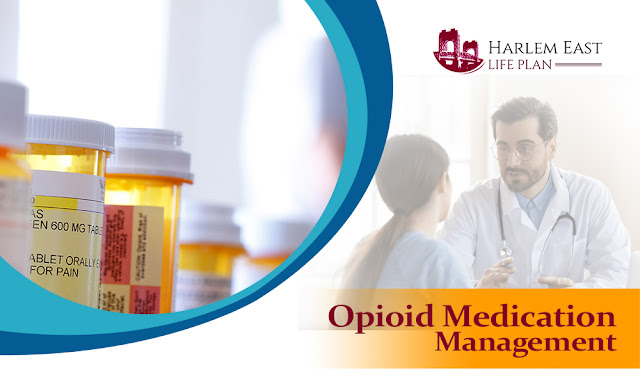For individuals struggling with substance abuse and dependency, professional counseling provides vital aid and equipment for reaching sobriety and preserving long-term healing. The strategies and help of addiction counseling New York City make it a powerful aspect of treatment.
Promotes motivation -
Addiction counseling helps
increase motivation to trade, an essential first step in restoration. Counselors
paint with customers to become aware of the destructive results of their dependency
and the blessings of getting sober. By overcoming denial and resistance,
motivational counseling evokes dedication to the recovery technique. Support
corporations with different addicts also enhance motivation through shared
know-how.
Develops coping strategies -
Learning new coping
mechanisms is vital in recovery. Addiction counseling teaches stress
management, emotion regulation, healthy communication skills, and other
strategies for handling triggers, cravings, and high-risk situations that may
lead to relapse. Counseling empowers clients to break old patterns and adopt
new tools for managing life’s challenges.
Provides accountability -
Ongoing counseling
provides regular accountability as clients work through the steps toward
lasting sobriety. Counselors monitor progress, offer encouragement, and help
clients get back on track if they veer off course. The accountability of
regular counseling sessions motivates clients to stick to their treatment plan.
Offers personalized
support -
Recovering from addiction
is an individualized journey. Intensive Outpatient Program New York City
offers personalized guidance tailored to each client’s background, substance
abuse patterns, mental health needs, and path to healing. Through one-on-one
counseling and group sessions, clients gain the specific support they require
for their unique situation.
Addresses underlying
issues -
In many cases, addiction
stems from or coincides with underlying issues like trauma, abuse, grief,
anxiety, depression, and other mental health challenges. Addiction counseling
helps clients safely process and resolve these issues that may contribute to
substance abuse. Healing on a psychological level is key.
Addiction counseling
facilitates self-reflection, motivation, coping abilities, and the individual
support needed to overcome substance abuse, maintain sobriety, and avoid
relapse. Counseling is often the foundational piece of effective addiction
treatment plans, providing clients with the essential psychological tools,
accountability, and personalized guidance necessary for achieving and
sustaining long-term recovery from substance abuse.






